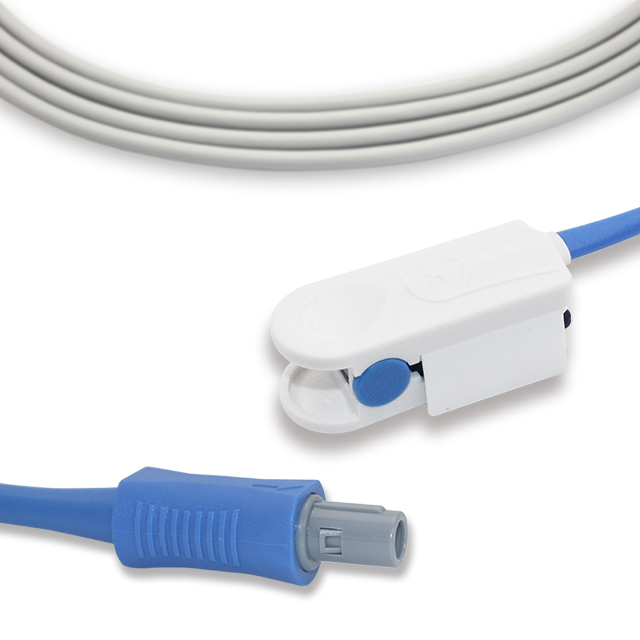News
Site Editor
 Site
https://medke.usa18.wondercdn.com/uploads/image/63d7b0e4f285a.png
This article delves into the essential significance of SpO2 monitoring and its indispensable role in healthcare.
Site
https://medke.usa18.wondercdn.com/uploads/image/63d7b0e4f285a.png
This article delves into the essential significance of SpO2 monitoring and its indispensable role in healthcare.
Why Is SpO2 Monitoring Important in Healthcare?
Views: 377
Author: Site Editor
Publish Time: 2023-10-19
Origin: Site
In the ever-advancing world of healthcare, SpO2 monitoring has emerged as a fundamental practice. These three little characters, SpO2, stand for Peripheral Capillary Oxygen Saturation, and they play a significant role in the well-being of patients. But why is SpO2 monitoring so important in healthcare, and how do
SpO2 sensors contribute to this critical task? This article delves into the essential significance of SpO2 monitoring and its indispensable role in healthcare.
Understanding SpO2 Monitoring
Before we dive into its importance, let's first grasp what SpO2 monitoring entails. SpO2 monitoring involves the use of sensors, which are usually attached to a patient's finger, toe, or earlobe, to measure the amount of oxygen in their blood. This measurement is crucial because it helps healthcare providers understand how well the body is oxygenated.
The Vital Importance of SpO2 Monitoring
Early Warning System: SpO2 monitoring serves as an early warning system for healthcare providers. By continuously tracking oxygen levels, medical professionals can quickly detect signs of respiratory distress or impending oxygen shortage, allowing them to intervene promptly.
Precision in Critical Care: In critical care settings, such as intensive care units (ICUs) and during surgeries, precision is paramount. SpO2 monitoring provides real-time data that aids anesthesiologists and critical care teams in ensuring that a patient's oxygen levels remain within the optimal range.
Chronic Disease Management: Patients with chronic respiratory conditions like chronic obstructive pulmonary disease (COPD) and asthma rely on SpO2 monitoring to manage their conditions. Regular monitoring helps patients and their doctors make informed decisions about medication and lifestyle changes.
Pediatric Care: SpO2 monitoring is invaluable in pediatric care, especially in neonatal units. It allows healthcare providers to monitor oxygen saturation in premature infants, ensuring they receive the necessary support to thrive.
Sleep Apnea Diagnosis: For individuals suspected of having sleep apnea, SpO2 monitoring is a valuable diagnostic tool. It helps healthcare providers identify oxygen saturation drops during sleep, which can be indicative of sleep apnea.
COVID-19 Monitoring: The COVID-19 pandemic highlighted the critical role of SpO2 monitoring. It enabled individuals to monitor their oxygen levels at home, providing a means of identifying potential respiratory distress early, a key factor in managing the virus.

The Future of SpO2 Monitoring:
As healthcare technology continues to advance, SpO2 monitoring is likely to become even more accessible and integrated into everyday life. It's no longer confined to clinical settings; wearable devices, such as smartwatches and fitness trackers, now come equipped with SpO2 sensors, enabling individuals to monitor their health proactively.
Choose Medke for Your SpO2 Monitoring Needs
For accurate and reliable SpO2 monitoring, look no further than Medke. Our commitment to excellence in healthcare ensures that our SpO2 sensors meet the highest standards of quality and accuracy. Whether you're a healthcare professional or an individual looking to monitor your oxygen saturation, Medke provides the assurance you need for your SpO2 monitoring requirements.
In conclusion, SpO2 monitoring is not just important; it's a cornerstone of modern healthcare. Its applications span from critical care to chronic disease management and even everyday wellness. As technology advances, SpO2 monitoring is becoming more accessible, putting the power of health monitoring in your hands. Trust Medke for all your SpO2 monitoring needs and experience the difference accuracy makes.
